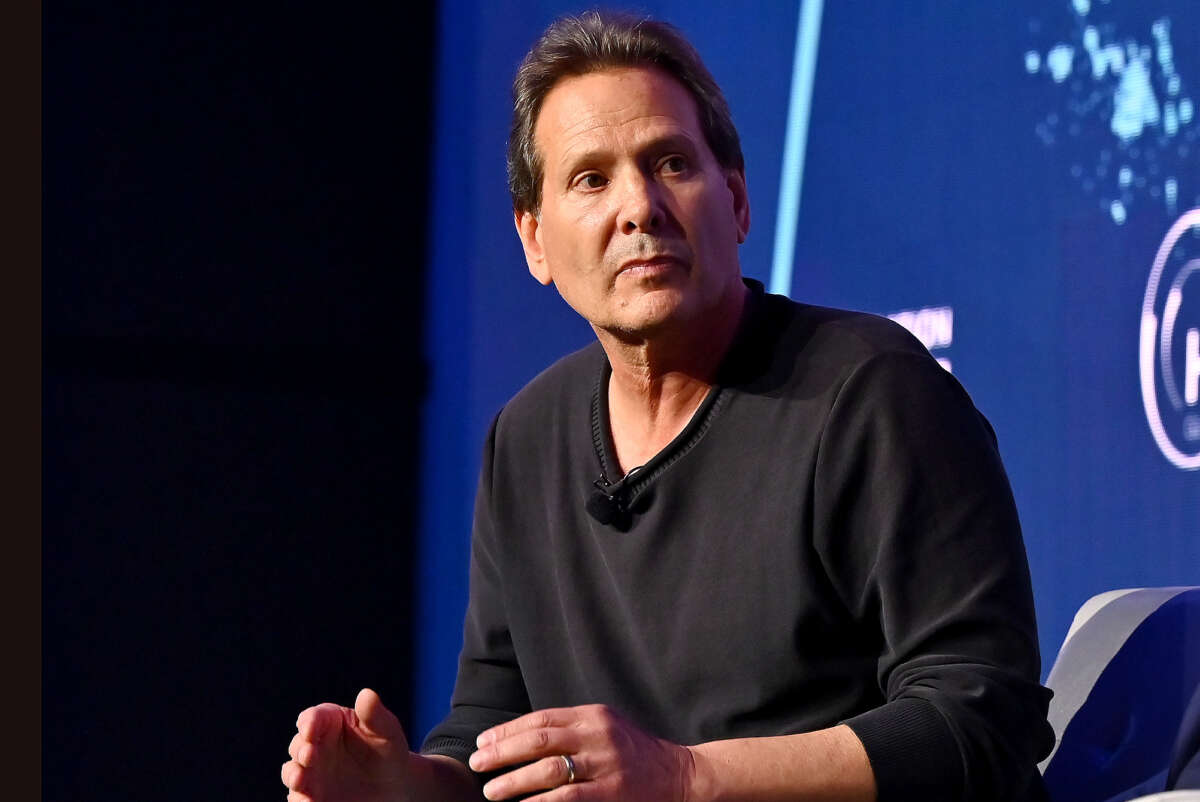Did you know that Truthout is a nonprofit and independently funded by readers like you? If you value what we do, please support our work with a donation.
PayPal has upheld its ban on Palestinians living in the occupied territories. While Palestinians in the occupied West Bank are prohibited from using the service, Israeli settlers are allowed to use the digital payment platform.
The company’s decision comes days after eleven Democratic House members called on PayPal to expand its services to Palestinians. The letter was delivered at the company’s Annual General Meeting by Sam Bahour, a Palestinian-American businessman and co-founder of the PayPal4Palestine campaign. Bahour gave a 5-minute statement, on behalf of the group Harrington Investments, supporting a shareholder resolution and asking for a vote on the issue. PayPal’s board recommended a “no” vote and the resolution failed to pass.
“Access to online platforms should be enjoyed without discrimination,” read the letter, which was sent to PayPal CEO Dan Schulman. “The ability to use PayPal is critical for entrepreneurs, businesses, and freelancers with regional and international customers. This access is especially crucial for Palestinians given the devastating impacts to the Palestinian economy of Israel’s occupation and blockade of the Gaza strip. Arbitrarily denying financial services to Palestinians in the West Bank and Gaza infringes upon Palestinians’ ability to engage in online commerce, limiting opportunities for economic growth and empowerment.”
The letter was authored by Mark Pocan (D-WI) in collaboration with the human rights group 7amleh. It was signed by Rep.s Ihan Omar (D-MN), Rashida Tlaib (D-MI), Betty McCollum (D-MI) Pramila Jayapal (D-WA) Greg Casar (D-TX), Earl Blumenauer (D-OR) Jamaal Bowman (D-NY) James McGovern (D-MA)Sara Jacobs (D-CA) and Cori Bush (D-MO).
Israelis living in illegal settlements can use @PayPal — but not Palestinians next door.
At PayPal’s Annual General Meeting this week, @SamBahour will tell shareholders directly why their open discrimination must end.
Let’s back him up: https://t.co/THv25eq0XT #PayPal4Palestine pic.twitter.com/FAVcqd9Y2J
— MPower Change (@MPower_Change) May 23, 2023
“The Israeli occupation makes it next to impossible for Palestinians to make ends meet,” reads a petition connected to the effort. “Unemployment is a shocking 48% in Gaza, so many Palestinians are desperately seeking other options like launching local digital ventures or doing freelance work online to get by.”
“There is no reason for PayPal to continue this discrimination — it’s biggest competitor, Apple Pay, serves Palestinians,” it continues. Yet, PayPal continues its discrimination against Palestinians living in the West Bank and Gaza in direct violation of UN guidelines.”
The petition has been signed by over 275,000 so far, including Mark Ruffalo. “Friends: Paypal operates in Israel’s illegal settlements — but is refusing to provide service to Palestinians in Gaza and West Bank, in direct violation of UN guidelines,” tweeted the actor in 2022. “Join the international call to PayPal to end its baseless discrimination now.”
Matching Opportunity Extended: Please support Truthout today!
Our end-of-year fundraiser is over, but our donation matching opportunity has been extended! All donations to Truthout will be matched dollar for dollar for a limited time.
Your one-time gift today will be matched immediately. Your monthly donation will be matched for the whole first year, doubling your impact.
This matching gift comes at a critical time. As Trump attempts to silence dissenting voices and oppositional nonprofits, reader support is our best defense against the right-wing agenda.
Help Truthout confront Trump’s fascism in 2026, and have your donation matched now!
